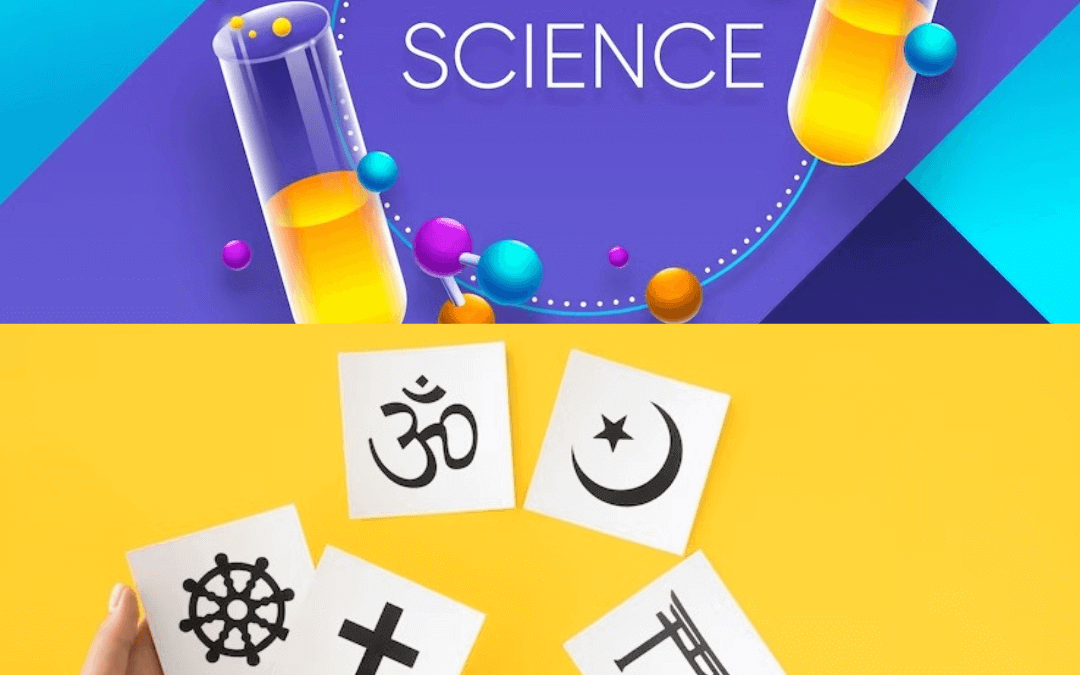
When religion is strong and is supported by the state, its effect on science has probably been negative. Science flourishes best when investigators are not obliged to work within dogmatic preconceptions. A lot of scientific development took place during the European Renaissance and was most fruitful scientifically where Catholicism had been, most weakened by foreign contact.
The hostility of medieval Catholicism to science is well known. Religion has not always been hostile to science. The golden age of science, i.e the 17th century in England was brought about partly by the influence of Calvinist Puritans. Numerous writings of Puritan divines reveal the ideas and attitudes that were favourable to the advancement of science.
Science is based on empirical evidence whereas religion is non-empirical. The line between empirical and non-empirical is shifting. Some religious beliefs about the origin of man and earth that in primitive society or the middle ages were safely in the realm of non-empirical have been put in doubt by modern science. In this sense, there is an inherent conflict between science and religion.
It was once obvious, that this planet earth is the centre of the universe and that man was created to dominate the earth. But modern astronomy presents a very different picture.
To conclude, as science is moving ahead, the sphere of religion is shrinking rapidly in the personal arena.


